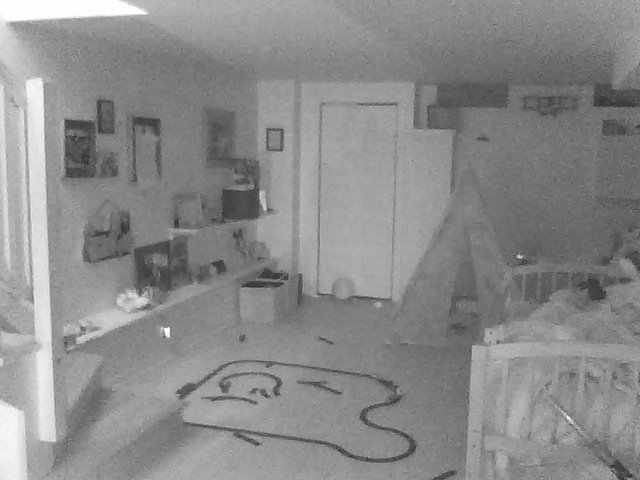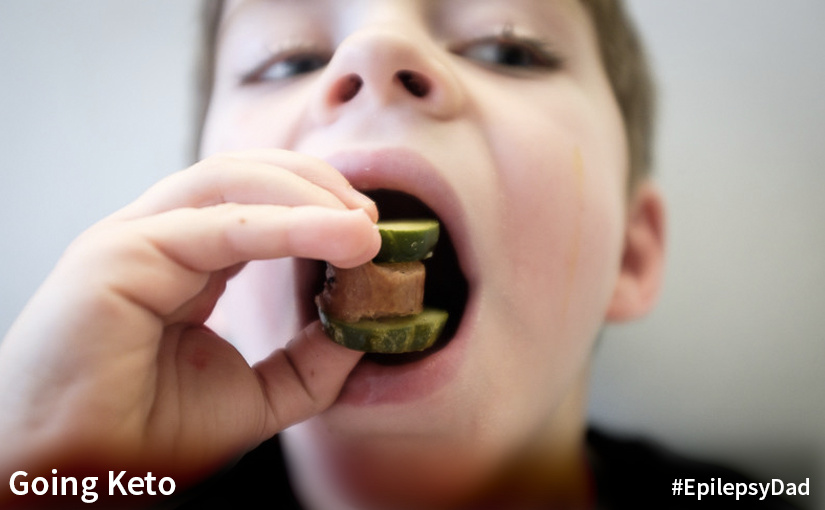On the morning of New Years Eve, my wife and I got a head start on our healthy new year resolution and went for a run. We left our son sitting on the couch watching his iPad with my mother-in-law sleeping in the next room.
Over the past few months, my son (who is on the ketogenic diet for epilepsy) has been sneaking food, so we took the precaution of hiding any tempting holiday treats on top of the refrigerator. Before we left, I looked my son in the eye and told him that we would be right back and to stay on the couch. He nodded in agreement and nestled comfortably in to the corner with his blanked.
When we returned, he was still on the couch. When I asked him, he confirmed that he hadn’t moved but he wouldn’t look at me when he answered. I glanced in to the kitchen and noticed that the step stool that we have under the counter had been moved. On top of the fridge, I could see empty containers of leftover deserts.
I looked back at my son and his head was down. “It was me, ” he said softly.
There has been a lot of this lately. He’ll sneak crackers from the pantry or leftover spaghetti from the fridge. A few weeks ago, he took a bite out of a tomato at a grocery store.

I am both heartbroken and frustrated. I’m heartbroken because of how restrictive the diet is for a 9-year old boy who sees the people around him eating whatever they want. As his father, I’m frustrated because his initial instinct is to lie and the foundation of our family is built on love and honesty. But I’m also frustrated because I know I have a hand in making the environment tempting for him by keeping unhealthy food in the house when the stakes are so high. Where a typical kid would just get an upset stomach from eating too many cookies, my son falls out of ketosis which could lead to an increase in seizures.
He’s been on the diet for more than 3 years. That’s a long time, and these recent incidents of sneaking food are starting to grind down my resolve. I’ve gone from thinking that the diet partly helped saved my son’s life to questioning whether it helped at all or if he still needs to be on it with his new medications and his VNS. I’m collecting evidence to support my theory but deep down I know it’s tainted with confirmation bias because I don’t want the diet to be working.
I want there to be an easy way out. It’s would be easier if there were a clear indicator that the diet was making a difference. It would be easier to stop the diet to remove the strain we are feeling instead of figuring out what other modifications we can do to make the diet more tolerable. But like so many things that come with an epilepsy diagnosis, it’s not that easy. It’s also not easy as a parent to feel like your child is missing out on something when his life is already so hard.
But there are things we can do to not make it harder. We can make better dietary choices ourselves and not have the tempting food in the house. We can make a big deal out of eating better and stressing the importance of diet for our health, the same way his diet is important to his health. We can be his parents, and take on some of the burden ourselves to alleviate some of his. Because if we can’t make it all go away, we should at least show that we are in it together.


